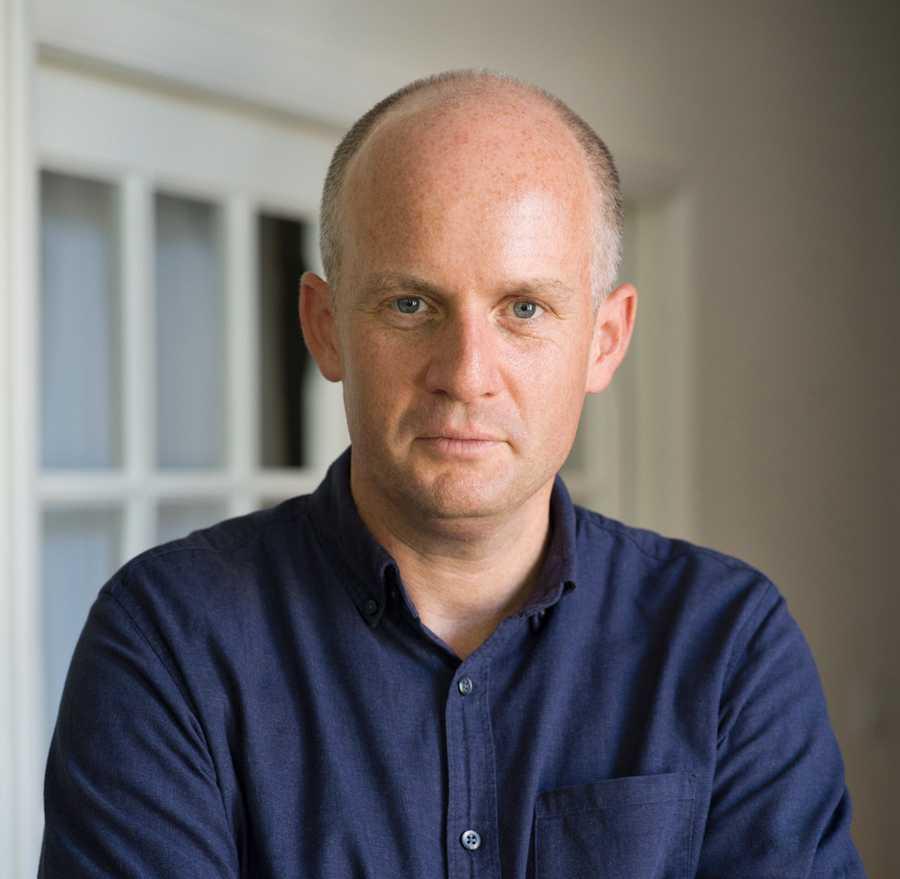Wendy Poole's Key Ideas from Four Thousand Weeks
by Oliver Burkeman
Ideas, facts & insights covering these topics:
14 ideas
·65.9K reads
667
6
Explore the World's Best Ideas
Join today and uncover 100+ curated journeys from 50+ topics. Unlock access to our mobile app with extensive features.
Arguably, time management is all life is. Yet the modern discipline known as time management—like its hipper cousin, productivity—is a depressingly narrow-minded affair, focused on how to crank through as many work tasks as possible, or on devising the perfect morning routine, or on cooking all your dinners for the week in one big batch on Sundays.
OLIVER BURKEMAN
1.01K
11.3K reads
Consider all the technology intended to help us gain the upper hand over time: by any sane logic, in a world with dishwashers, microwaves, and jet engines, time ought to feel more expansive and abundant, thanks to all the hours freed up. But this is nobody’s actual experience. Instead, life accelerates, and everyone grows more impatient.
OLIVER BURKEMAN
990
6.23K reads
The paradox of limitation
The more you try to manage your time with the goal of achieving a feeling of total control, and freedom from the inevitable constraints of being human, the more stressful, empty, and frustrating life gets.
But the more you confront the facts of finitude instead—and work with them, rather than against them—the more productive, meaningful, and joyful life becomes.
1.09K
6.41K reads
A limit-embracing attitude to time
It means organizing your days with the understanding that you definitely won’t have time for everything you want to do, or that other people want you to do—and so, at the very least, you can stop beating yourself up for failing.
- Since hard choices are unavoidable, what matters is learning to make them consciously, deciding what to focus on and what to neglect, rather than letting them get made by default.
- And it also means standing firm in the face of the “fear of missing out,” because you come to realize that missing out on something—indeed, on almost everything—is basically guaranteed.
1.09K
4.69K reads
I’m not suggesting our troubles with time are somehow all in the mind, or that a simple change of outlook will cause them all to vanish. Time pressure comes largely from forces outside ourselves: from a cutthroat economy; from the loss of the social safety nets and family networks that used to help ease the burdens of work and childcare; and from the sexist expectation that women must excel in their careers while assuming most of the responsibilities at home. None of that will be solved by self-help alone.
OLIVER BURKEMAN
974
5.61K reads
Acquire a reputation for doing your work at amazing speed, and you’ll be given more of it.
OLIVER BURKEMAN
1.02K
5.64K reads
Parkinson’s law
“Work expands so as to fill the time available for its completion,” the English humorist and historian Parkinson wrote in 1955.
And it doesn’t apply only to work. It applies to everything that needs doing.
1.04K
4.94K reads
The efficiency trap
Rendering yourself more efficient—either by implementing various productivity techniques or by driving yourself harder —won’t generally result in the feeling of having “enough time,” because,
the demands will increase to offset any benefits. Far from getting things done, you’ll be creating new things to do.
For example: it’s not simply that you never get through your email; it’s that the process of “getting through your email” actually generates more email.
1.01K
3.71K reads
The bottomless bucket list
The modern world provides an endless supply of things that seem worth doing, and so there arises an inevitable and unbridgeable gap between what you’d ideally like to do and what you actually can do.
The internet makes this all much more difficult because it promises to help you make better use of your time, while simultaneously exposing you to vastly more potential uses for your time—so that the very tool you’re using to get the most out of life makes you feel as though you’re missing out on even more of it.
1.01K
3.06K reads
Procrastination of some kind is inevitable
The point isn’t to eradicate procrastination but to choose more wisely what you’re going to procrastinate on, in order to focus on what matters most. The real measure of any time management technique is whether or not it helps you neglect the right things.
- The good procrastinator accepts the fact that you can’t get everything done, then decides as wisely as possible what tasks to focus on and what to neglect.
- The bad procrastinator finds himself paralyzed; here, procrastination is a strategy of emotional avoidance.
1.06K
2.84K reads
Why boredom seems aggressively unpleasant
We tend to think of it merely as a matter of not being particularly interested in whatever it is we’re doing, but in fact, it’s an intense reaction to the uncomfortable reality of confronting your limited control.
You’re obliged to deal with how your experience is unfolding at this moment, to resign yourself to the reality that this is it. No wonder we seek out distractions online, where it feels as though no limits apply.
979
3.06K reads
Hofstadter’s law
It states that any task you’re planning to tackle will always take longer than you expect.
In other words, even if you know that a given project is likely to overrun, and you adjust your schedule accordingly, it’ll just overrun your new estimated finishing time, too. It follows from this that the standard advice about planning—to give yourself twice as long as you think you’ll need—could actually make matters worse.
1.05K
3.19K reads
There's never "enough time"
The truth is that it’s impossible to become so efficient and organized that you could respond to a limitless number of incoming demands. It’s usually equally impossible to spend what feels like “enough time” on your work and with your children, and on socializing, traveling, or engaging in political activism.
But there’s a deceptive feeling of comfort in believing that you’re in the process of constructing such a life, which is due to come into being any day now.
991
3.02K reads
Ten tools for embracing your finitude
- Adopt a “fixed volume” approach to productivity. It’s better to begin from the assumption that tough choices are inevitable and to focus on making them consciously and well.
- Focus on one big project at a time and see it to completion before moving on to what’s next.
- Decide in advance what to fail at. You’ll inevitably end up underachieving at something, simply because your time and energy are finite.
- Focus on what you’ve already completed, not just on what’s left to complete.
- Consciously pick your battles in charity, activism, and politics.
- Embrace boring and single-purpose technology; choose devices with only one purpose, such as the Kindle e-reader.
- Seek out novelty in the mundane. Pay more attention to every moment, however mundane.
- When presented with a challenging or boring moment, try deliberately adopting an attitude of curiosity.
- Whenever a generous impulse arises in your mind—to give money, check in on a friend, send an email praising someone’s work—act on the impulse right away, rather than putting it off until later.
- Practice being ok with doing nothing.
1.22K
2.15K reads
IDEAS CURATED BY
Wendy Poole's ideas are part of this journey:
Learn more about productivity with this collection
How to manage workplace stress
How to prioritize and make better decisions
How to learn anything fast
Related collections
Different Perspectives Curated by Others from Four Thousand Weeks
Curious about different takes? Check out our book page to explore multiple unique summaries written by Deepstash curators:
14 ideas
RD x's Key Ideas from Four Thousand Weeks
Oliver Burkeman
3 ideas
Alex Genov's Key Ideas from Four Thousand Weeks
Oliver Burkeman
16 ideas
Irina Bălan's Key Ideas from Four Thousand Weeks
Oliver Burkeman
Discover Key Ideas from Books on Similar Topics
Read & Learn
20x Faster
without
deepstash
with
deepstash
with
deepstash
Personalized microlearning
—
100+ Learning Journeys
—
Access to 200,000+ ideas
—
Access to the mobile app
—
Unlimited idea saving
—
—
Unlimited history
—
—
Unlimited listening to ideas
—
—
Downloading & offline access
—
—
Supercharge your mind with one idea per day
Enter your email and spend 1 minute every day to learn something new.
I agree to receive email updates

